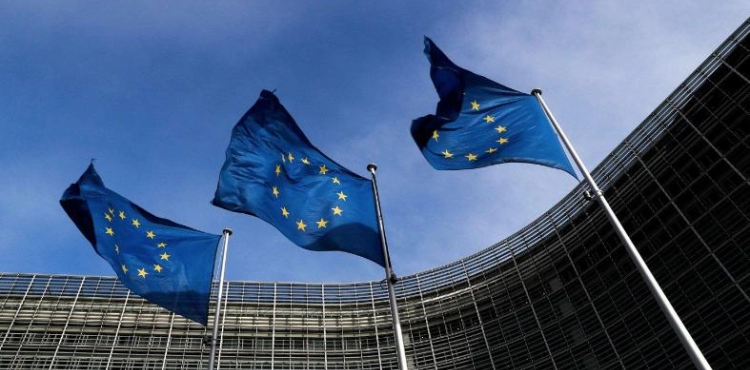Romania took over the rotating presidency of the European Union on Thursday, amid fears that differences between the two sides could escalate as the ruling left-wing majority in Bucharest intensified its attacks on Brussels.
A cyclical presidency rarely faces such challenges: ending the precast crisis by March, and European elections in May amid the growing influence of national sovereignty powers, as well as the difficulties of completing the Union´s budget.
Romania, which will head the European Union for the first time since joining Austria in 2007, has long been ranked among the 28 most-favored EU members.
But relations with Brussels have deteriorated sharply in recent months, against the backdrop of controversial reforms in the judicial system, initiated by the ruling Social Democratic Party.
Party leader Liviu Dragania, who is seen as a strong man in the country and following in the footsteps of Hungarian Prime Minister Viktor Urban, stepped up attacks on the European Commission, describing it as "unfair" after it sought to abandon the reforms, which it said undermined the fight against corruption.
"The Bucharest government did not fully understand the meaning of the presidency of the European Union," European Commission President Jean-Claude Juncker said in an interview with the German newspaper Die Welt published a few days ago.
"Careful action also requires the desire to listen to others, and the firm determination to put special concerns in second place.
At a time when the majority is experiencing a difficult co-existence with Romanian President Klaus Johannis, a pro-EU right-winger, Juncker also questioned the country´s ability to emerge "united and cohesive" in Europe.
Foreign Minister Theodore Melesanio and European Affairs Minister George Ciampa said Bucharest would be careful not to "export internal political differences" and would play a "neutral role" in the European Union.
"We will contribute to maintaining unity, cohesion and solidarity" at the heart of the European Union, Prime Minister Fiorica Dansila said.
Johanis, who will represent the country in the European Council, wanted to reduce the importance of these problems, pointing out that the country is "fully ready" and will assume the presidency "in an appropriate manner."
However, the vicissitudes of Romanian politics, and the determination of the majority to complete judicial reform at any cost, may cast a shadow over the presidency of the Union.
"The SPD government has begun to exert pressure on the Romanian judicial authorities and authorities in a manner reminiscent of the governments of Poland and Hungary," states researcher Luka Urskovic, a research and analysis center. European Union.
Critics say the measures have no purpose but to soften the criminal record of a large number of deputies and associates of the Social Democratic Party, starting with Dragania, who has already been sentenced to suspended prison on fraud charges in the election, and is applauding two other judicial proceedings.
The Social Democrats, for their part, accuse the prosecutors charged with the corruption file of being part of a "parallel state" acting against the elected authority.
In this context, political analyst Andri Tarano believes that the populist or even nationalistic tone adopted by the leader of the Social Democrats depends more on opportunism than on ideology. "He is copying the speech of Hungarian Prime Minister Viktor Urban, who is not liberal, without realizing his concepts," he said.
Bucharest wants a quick amnesty to be passed, which could benefit political officials who have problems with the judiciary.
A European source warned that such a project would go beyond the red line. Romania, which "already suffers from a lack of credibility, will focus its efforts on defending itself against its partners rather than preoccupying with European issues," he said.
The EU-led country plays a role in stimulating and organizing discussions among the 28 countries.












